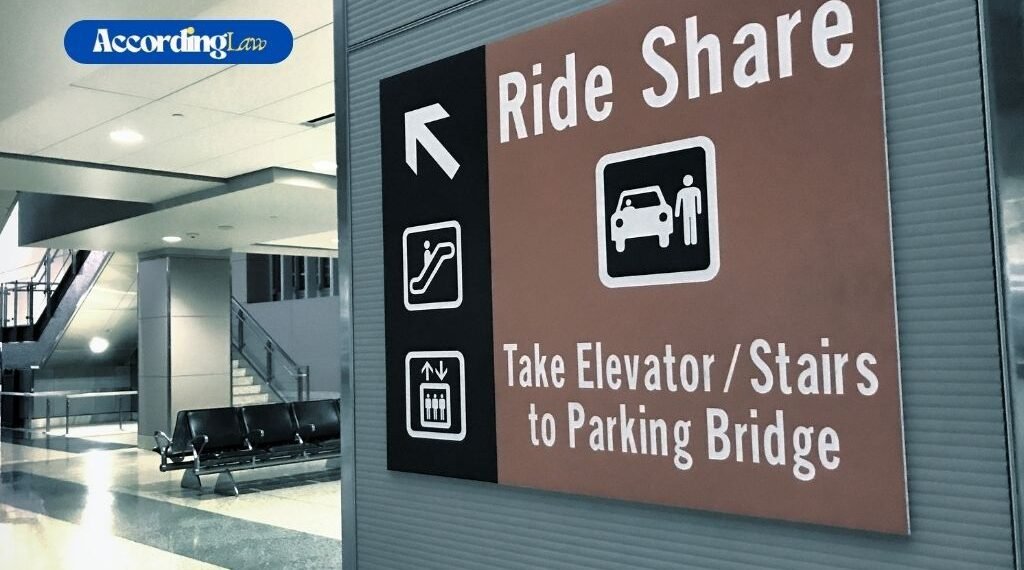Accidents involving rideshare services such as Uber or Lyft are not handled the same way as standard vehicle collisions. Traditional car accidents usually involve one driver’s insurance company, but rideshare cases introduce additional complications. Depending on whether the driver was logged into the app, waiting for a passenger, or actively transporting one, different insurance coverages may apply. This creates a layered system of responsibility where multiple parties may be involved, making it harder for victims to know where to start.
Another unique factor is that rideshare drivers are often classified as independent contractors, not employees. This distinction changes how claims can be filed and who can ultimately be held responsible. A skilled rideshare accident lawyer is often necessary to untangle these issues and ensure victims pursue the right channels for compensation.
In these cases, injuries may be significant, involving passengers, pedestrians, or other motorists. Because of the complexity, victims benefit from legal guidance that identifies the correct insurance policy, builds a clear claim, and ensures that no compensation opportunity is overlooked. Without professional help, it’s easy to get caught between conflicting insurance adjusters and lose out on deserved recovery.
Table of Contents
Who May Be Held Responsible
Determining liability in a rideshare accident can be one of the most challenging aspects of the case. Responsibility may not fall on a single party. Instead, it could involve the rideshare driver, another motorist, or even the rideshare company itself. For example, if the driver was negligent, speeding, distracted, or failing to follow traffic laws, they may carry personal liability. However, if they were actively engaged in a ride through the app, the rideshare company’s insurance policy might also apply.
Other responsible parties could include vehicle manufacturers if a mechanical defect contributed to the crash or even local municipalities if poor road conditions were a factor. Skilled Uber accident lawyers understand how to identify all potential sources of responsibility, ensuring that victims receive fair compensation for their medical expenses, lost income, and emotional suffering.
At The Law Office of Brent D. Rawlings, attorneys examine every angle of the case. By reviewing driver history, app data, accident reports, and witness statements, they build a clear picture of liability. This comprehensive approach prevents victims from being pushed into quick, unfair settlements and ensures that the right parties are held accountable for their actions.
How Settlements Are Reached
Rideshare accident claims typically involve lengthy negotiations, as insurance companies work hard to minimize payouts. Because of the multiple layers of coverage, personal auto insurance, the driver’s supplemental coverage, and the rideshare company’s own policies, settlements can be complex. Insurance adjusters may argue over whose coverage applies, delaying resolution. This is why skilled legal representation is critical in reaching a fair outcome.
A well-prepared attorney gathers strong evidence, including medical records, ride app data, and expert testimony, to demonstrate the extent of damages. This not only increases the likelihood of a favorable settlement but also helps set the stage for trial if negotiations fail. Settlement discussions typically cover both economic damages, such as hospital bills and lost wages, and non-economic damages like pain and suffering.
Lawyers also protect clients from being pressured into low offers, ensuring that long-term impacts, such as ongoing rehabilitation or reduced earning capacity, are included in the compensation. With strong advocacy, victims can avoid drawn-out disputes and secure a settlement that reflects the true cost of their injuries and losses.


